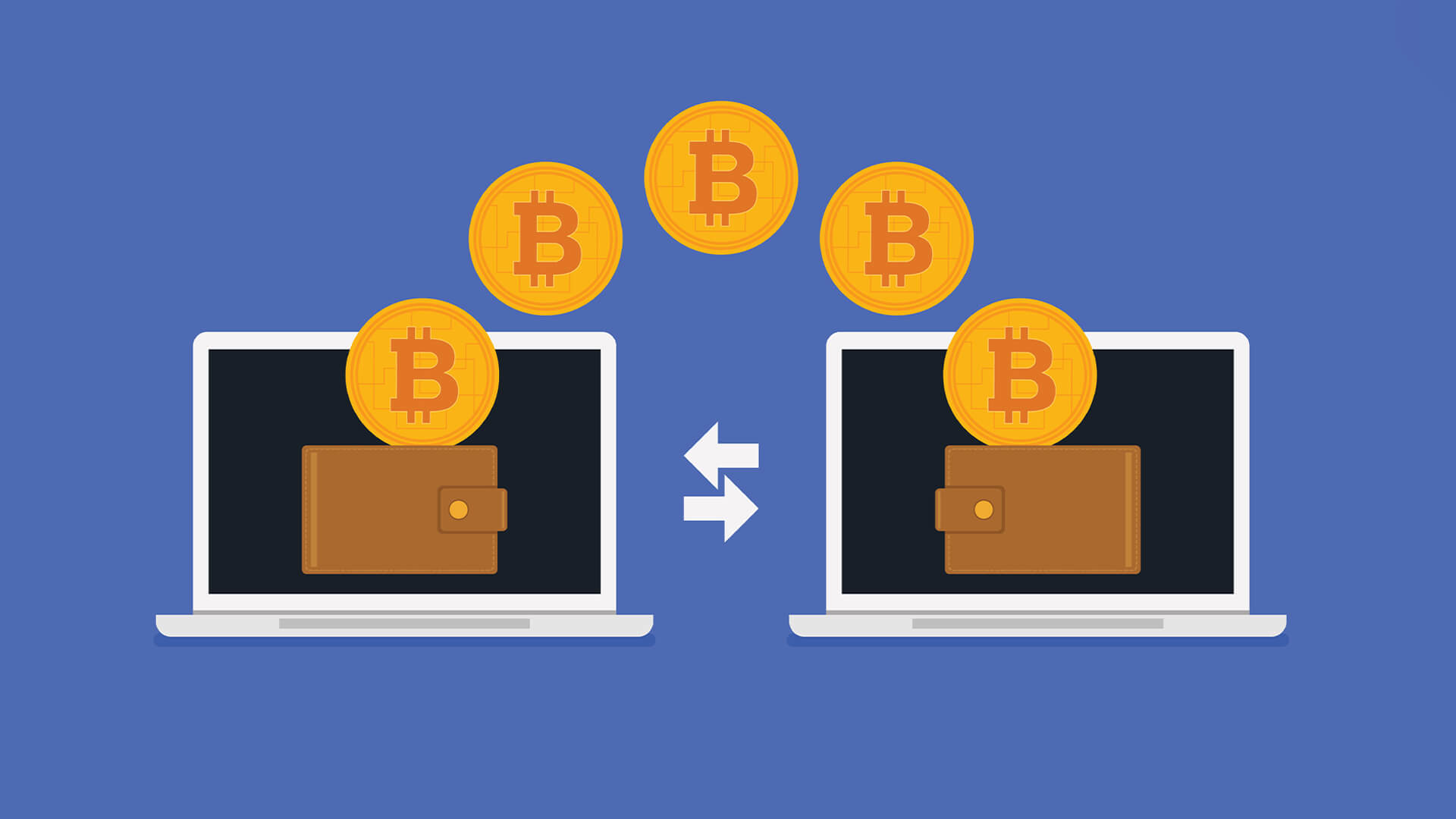The simplest and most well-known tip for making profits in cryptocurrency investing is to buy low and sell high. You can make immediate purchases and sales of more than 20 different cryptos.

On the other hand, for more sophisticated strategies in which prices need to be established according to different market scenarios and the respective technical analyses, it is necessary to resort to a limit order tool.
What is limited order?
Unlike a market order, which is basically buy and sell immediately based on the current market price, a limit order is one placed in the order book with a buy or sell price predetermined by you, and this will only be executed when it reaches a price equal to or better than the one stipulated by you:
- A buy limit order will only be executed for a price less than or equal to what you set
- A sell limit order will only be executed for a price greater than or equal to what you set.
How to place limited order
It’s super easy to create a limit order. Just enter the price and quantity you want to buy or sell.
The order will be executed when the market price (last traded price) fluctuates to the level equivalent or lower than the present value.
Points of attention on limited orders:
Your limit order will not necessarily be 100% executed – As the price is defined per user, there is no guarantee that the limit order will be fully executed. Order execution depends on market behavior between traders, such as prices and volumes placed with each other.
The execution of your order may not take place even if the market price reaches the price you set – Even if the market price has reached your predetermined price, the execution of your limit order depends on several factors, such as the time of order creation and volumes placed on the other side.

As a writer, Richard is an advocate of blockchain technology and cryptocurrency in general. He writes about all things from cryptography to economics, with a focus on how it applies to cryptocurrencies. He is also passionate about writing about topics such as decentralization, open-sourced software development, and copyright law.




